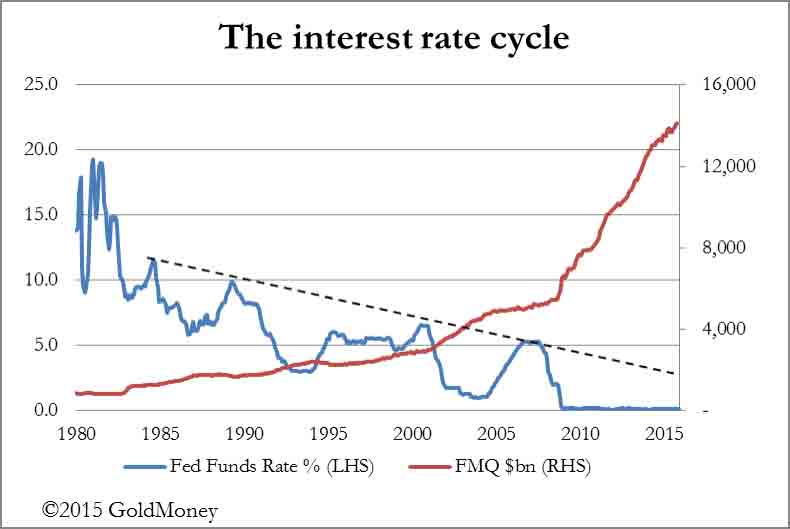The vast majority of people would either be up in arms or completely confused if the government suddenly said that all private bread producers had to shut down and the government would subsequently create a central authority from which all bread production would ultimately originate and, furthermore, that one would need a state-sanctioned licence to purchase (or sell) bread directly from (or to) that central authority and also to sell that same bread to the public more broadly.
Nevertheless, people across jurisdictions are generally not outraged by monetary monopolies imposed upon them by governments and central banks. This lack of outrage and concern obstructs the possibility for Monetary Freedom. Even when citizens within the Eurozone speak about having their own currency, the general proposals are simply for returning to their governments issuing a national currency rather than a market-based system of competing currencies. Why is this?
The author believes that this is likely because individuals are so accustomed to living economic life in a single money that the possibility of consistently transacting in multiple currencies seems complex, strange or even unnecessary. This historical monopoly on money makes it substantially more difficult for people to free themselves from that mindset in the first place. Some Governments and Central Banks might argue that there is ‘nothing in law’ that prevents people from transacting in multiple monies constantly (except, of course, established taxation mechanisms and norms, legal tender legislation in many jurisdictions, and so on) and the fact that people do not transact in them shows that there is no demand for multiple, competing currencies. However, by imposing monetary monopoly in the first place and maintaining it, the corresponding mindset reinforced throughout society acts a massive barrier to reap the benefits of having multiple monies (financial stability, credit market benefits, trade benefits, alleviating unemployment and so on).
This is why the author sought to formulate a potentially politically feasible way in which to challenge this mindset (through the introduction of public-private partnership monies) because then individuals and entities would gradually become more accustomed to seeing the benefits of living economic life with multiple monies. In this sense, it may be a necessary short- or medium-term compromise on the way to true monetary freedom.
Detractors of free(r) banking systems argue that this would become too complex but technological progress (not least the ongoing progress of FinTech companies and disruption to established payment systems services) can make this type of life logistically feasible in many contexts.
The natural progression from that would be a situation of people questioning why only the government can introduce monies alongside those whom it enters partnerships with. Since peoples’ mindsets would already have been challenged, this would enable purely private money-issuers to enter the marketplace with fewer cultural restrictions (so long as there are no substantial legal restrictions) and, therefore, compete far more effectively and benefit a far larger portion of society.




